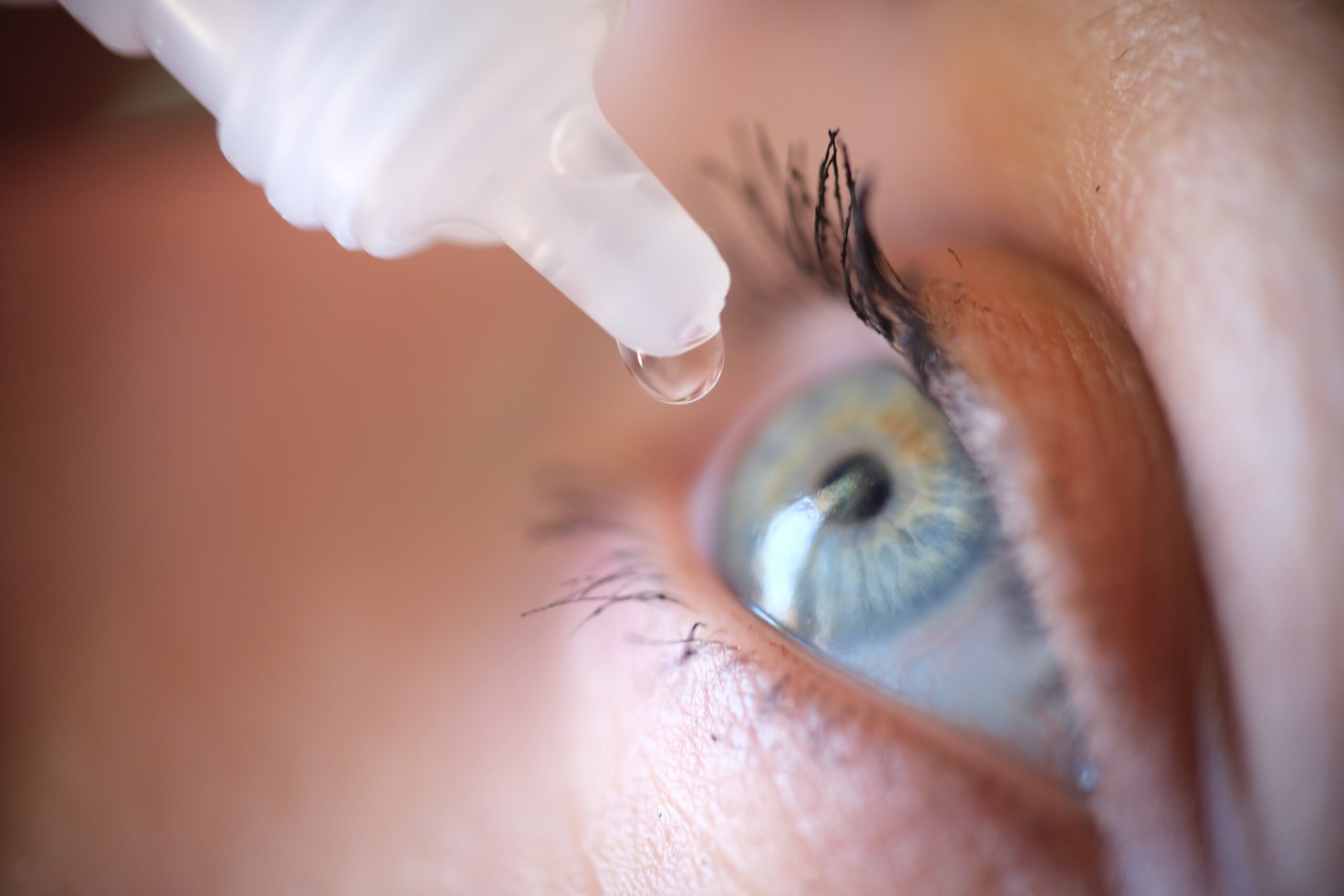
Health News
Features
-
Pop quiz on getting a nursing education
Test your knowledge before you join this fast-growing field THEY’RE EVERYWHERE: in schools, hospitals, in our homes, at the doctor’s offices, in military installations, and more. They’re nurses, and they belong to one of the fastest-growing job segments in the country.
-
Take it from a nurse who knows!
Four things you should expect during your hospital stay FROM THE TIME you arrive and are admitted, throughout your treatment, and until the time you are discharged, there are some essential things you should expect from your healthcare team during your hospital stay. Your nurse, especially, will have a key role in the process from…
Columns
-
Understanding Abdominal Aortic Aneurysm
An aneurysm is a weakening or dilatation in a part of an artery. About 15,000 people die of ruptured abdominal aortic aneurysm (AAA) every year in the U.S. About 200,000 new cases of AAA are diagnosed every year. Most of these are diagnosed by tests that are done for unrelated reasons. The aorta is the…
-
A Guide to Over-the-Counter Artificial Tears for Dry Eye
by Chelsea Hollier, O.D. Dry eye disease, also known as Keratoconjunctivitis Sicca, is a prevalent condition characterized by insufficient tear production (aqueous deficient dry eye) or poor tear quality (evaporative dry eye). It affects millions worldwide, leading to discomfort and irritation. Fortunately, over-the-counter (OTC) artificial tears provide relief and aid in managing symptoms. Dry eye…
-
3 Options for Thoracic Aortic Aneurysm Management
In the previous two columns, I discussed aneurysms that occur in the aorta situated in the chest cavity. In this article, I will explain the various types of treatment options available for those thoracic aortic aneurysms. In general, outcomes favor endovascular repair over open repair as open repair is associated with higher rates of morbidity…





